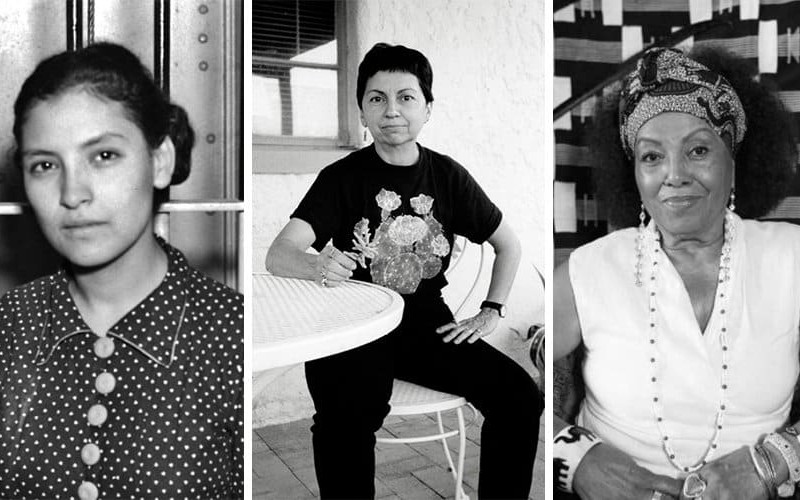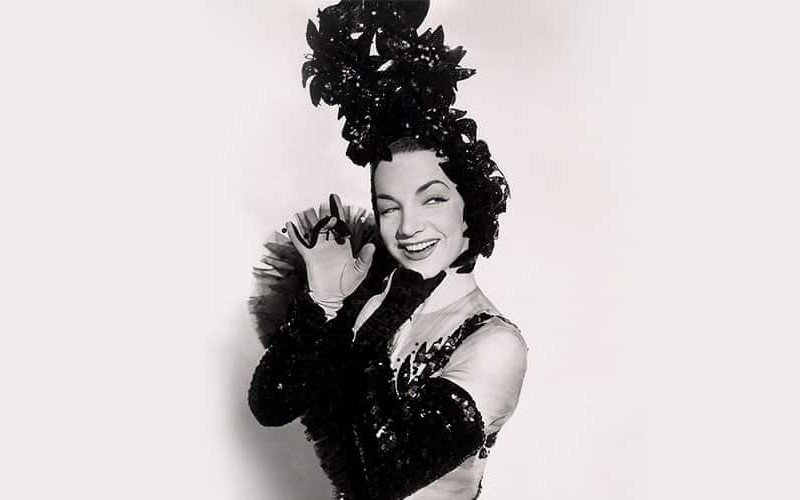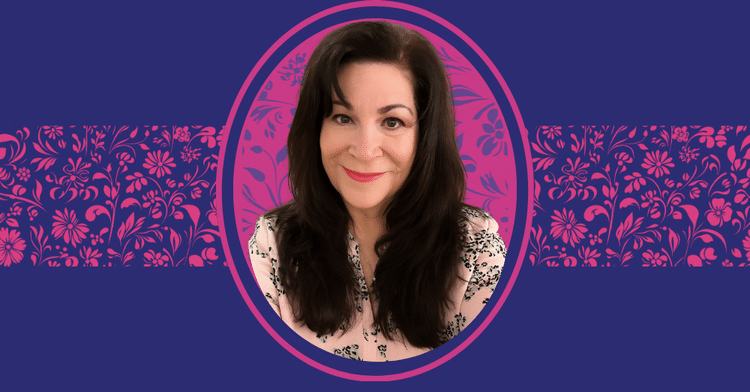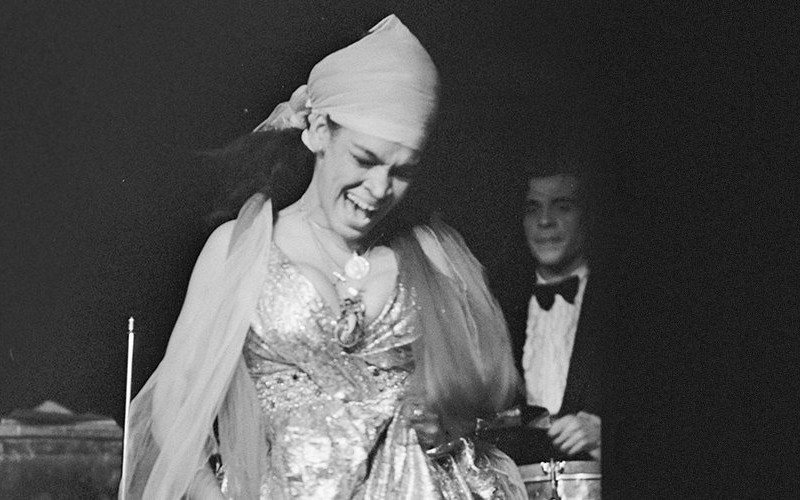5 Latinas in U.S History We Bet You Didn’t Know About
Even though Latina contributions to U.S. history have gone largely ignored, we’re here to reassure you that Latinas have been changing history for centuries.

Latina women have been part of U.S history since its founding. They’ve left their footprint on science, art, politics, and more. They’ve been an important part of U.S. history and through their presence and actions have represented the Latino community well, though you wouldn’t get that sense from the history books and historical narratives that often erases U.S. Latino contributions.
Part of correcting history is ensuring Latinas no longer go unrecognized. Luz put together a list of little-known Latinas who should be known. Read on and share widely.
Gloria E. Anzaldúa
Gloria was a queer Chicana writer/poet who questioned her place in the white patriarchal system. Her work was significant for the feminist movement, where she ventured into the loss of identity, race issues, and womanhood. For her work, Anzaldúa was awarded the Lambda Lesbian Small Book Press Award, a Sappho Award of Distinction, and an NEA Fiction Award, among others.
Pura Belpré
She was the first Puerto Rican librarian to work in the New York Public Library system. Pura Belpré brought Spanish language stories to Latino children and noticed the lack of representation for kids and decided to write stories for them.
She read stories both in Spanish and in English, giving Latino children the opportunity to listen to amazing stories and become passionate about storytelling. Her talent brought joy to the young and recognition to children who wanted to hear tales in a language other than English.
Ana Mendieta
Ana Mendieta was a Cuban-American artist that tested the limits of art. Her work was a reflection of her loss of identity when migrating to the U.S and the violence women are subjected to. Mendieta created photos, performances, and art that spoke about her grievances and shared her feminist views. In 1978 Mendieta joined Artists in Residence Inc (A.I.R. Gallery), the first gallery for women in the United States, where she criticized the mostly white feminist movement that they represented.
Emma Tenayuca
Emma Tenayuca was a Mexican American woman who pushed forward civil rights. As a labor organizer, she led and inspired women in Texas to strike and demand better work conditions in the 1930s. She fought for Mexican Americans who were discriminated against when applying to New Deal jobs and aid programs that were supposed to help workers recover from the Depression. Her activism inspired workers to fight for dignified lives and their own civil rights.
Marta Moreno-Vega
Marta Moreno-Vega, daughter of Puerto Rican parents of Yoruba descent, established the Caribbean Cultural Center African Diaspora Institute (CCCADI) in 1976. An organization that promotes cultural equity, racial and social justice for African descendant communities. Her work focuses on making known the heritage of African people and its impact on the world while also lifting up those severely unheard voices.



